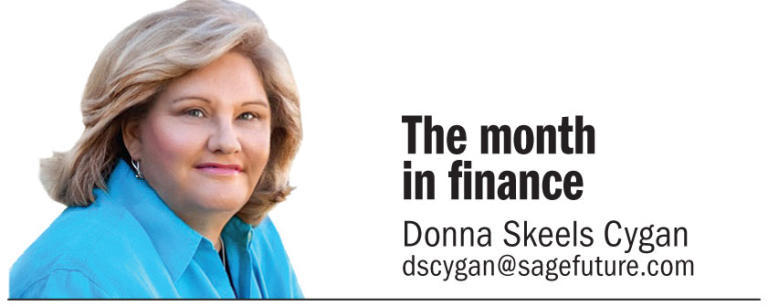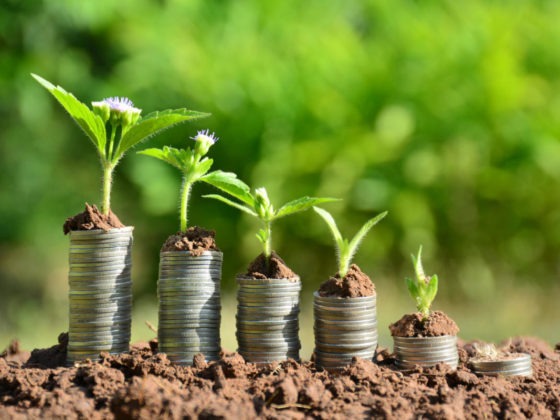This month I will be posting a series of articles that were published on the Albuquerque Journal. These articles will explore the relationship between money and happiness. This weeks topic covers how spending money (with intention) can make you happier. Psychologist Daniel Gilbert said, “Money itself doesn’t make you happy. What can make you happy is what you do with it.” Psychologists have found that spending money on more “things” rarely makes us happy.
We tend to have too many material possessions already – too many clothes, too many electronics, too many gadgets, too much stuff. Sociologists believe that the clutter in our homes is creating stress. Living beyond our means also causes stress, such as having a house that is more than we can afford or credit card debt that we carry forward from month to month.
We are pressured to “keep up with the Joneses.” We assume the Joneses are happier than us, and they have a perfect life behind closed doors. Often, reality is drastically different. The Joneses may be mired in debt, wondering how they will pay the bills this month, and they may be very unhappy.
So, if buying more material possessions will not make us happy, what will? The answer is experiences. Our life experiences provide happiness and lasting value.
Professor Ryan Howell, associate professor of psychology at San Francisco State University, found that people expect material possessions to provide better value because experiences are over quickly and material possessions last longer. He found this is not the case.
The reason we do not get long-lasting satisfaction and happiness from material goods is a psychological process called “hedonic adaptation.” We adapt quickly to a higher paycheck, an additional flat-screen TV, or to our new car, and the purchase no longer increases our happiness.
Contrast this with an experience, such as a vacation. You will have memories of the experience – of swimming in the ocean or climbing a mountain or enjoying a special meal.
Cornell University psychology professor Thomas Gilovich states, “Experiences tend to meet more of our underlying psychological needs. They’re often shared with other people, giving us a greater sense of connection, and they form a bigger part of our sense of identity.”
We can talk about experiences for many years. The happy memories become a part of us.
What qualifies as an experience? It could be a vacation or something as simple as meeting a friend for lunch. It could be taking your family to a summer concert at the zoo, or to a baseball game. It could be exploring a museum with a friend.
It could be a day trip with a spouse, or going hiking with some friends from work. It could be inviting the neighbors to your backyard on a summer evening. It could be a family reunion.
In my experience with numerous clients, family reunions are always a success. The adage “if you plan it, they will come” holds true. In the research on increasing happiness, spending time with friends and family is always at the top of the list.
Clearly, spending money on experiences overlaps with getting together more often with friends and family.
The experiences do not need to be expensive. With summer vacation around the corner, families will be planning vacations. Visiting a nearby town can be just as much fun as going to an expensive theme park.
For couples with hectic work schedules, a three-day weekend can be just as refreshing (and much less work) than a full-blown vacation.
Spending money on experiences can increase your happiness. You may also find that it helps you place a lower priority on materialistic possessions as your focus shifts to strengthening your relationships with family and friends.
Donna Skeels Cygan, CFP, MBA, is the author of “The Joy of Financial Security.” She has been the owner and financial planner for her own firm in Albuquerque for 18 years.



